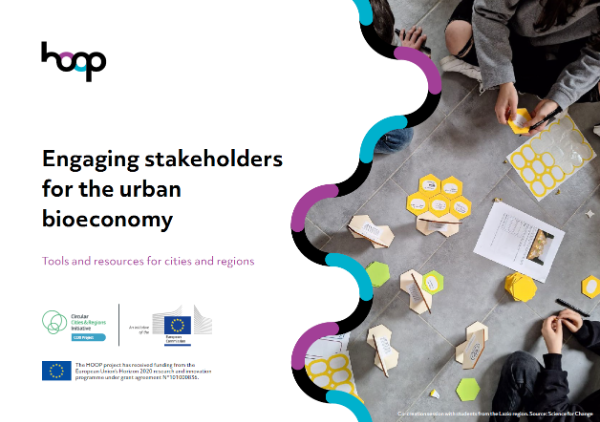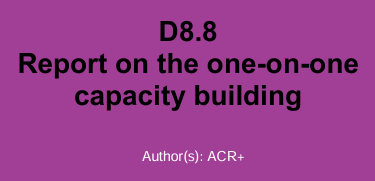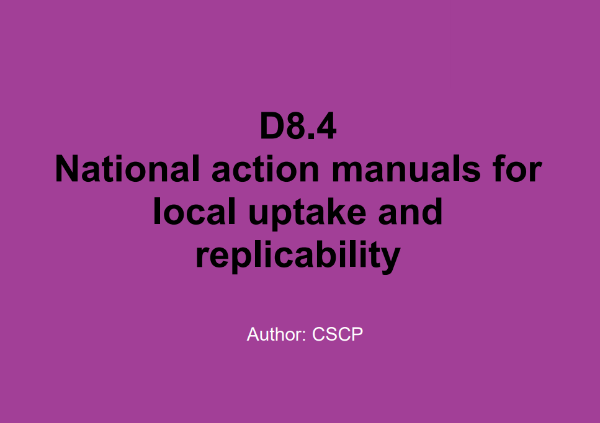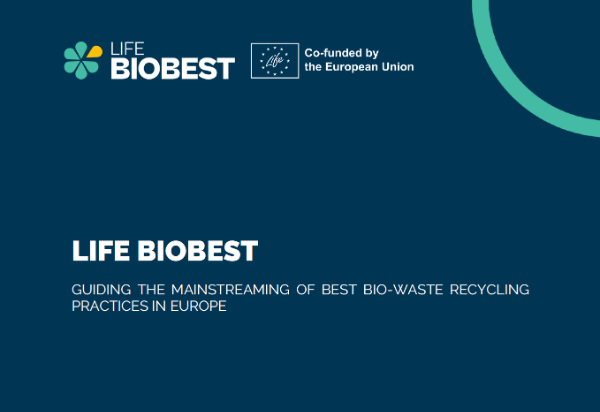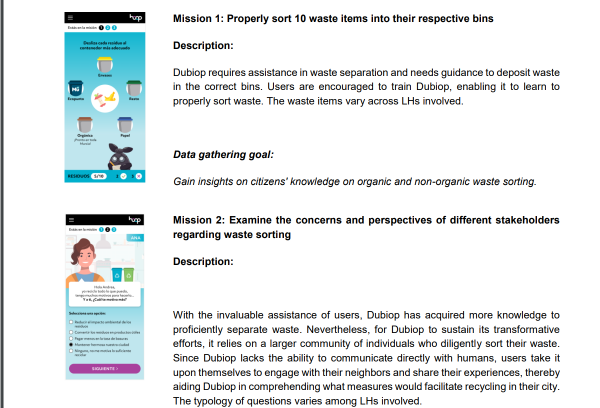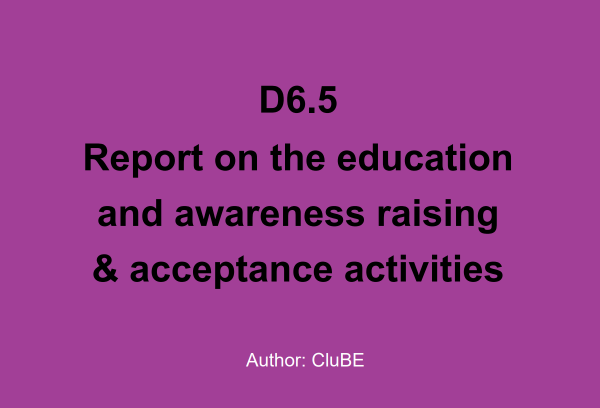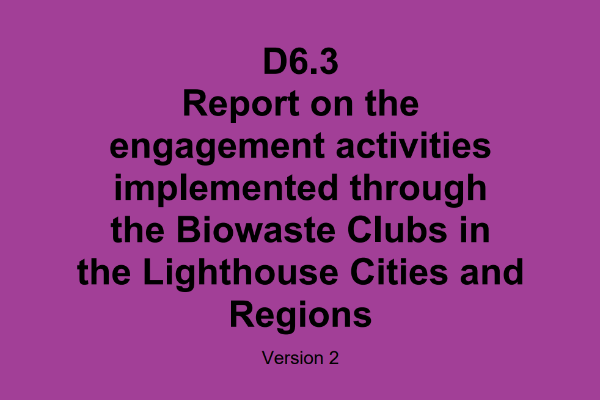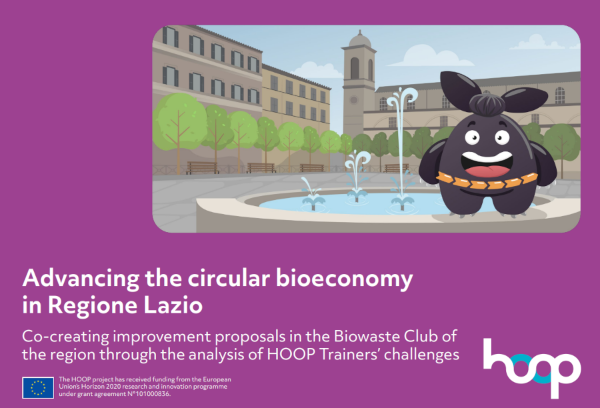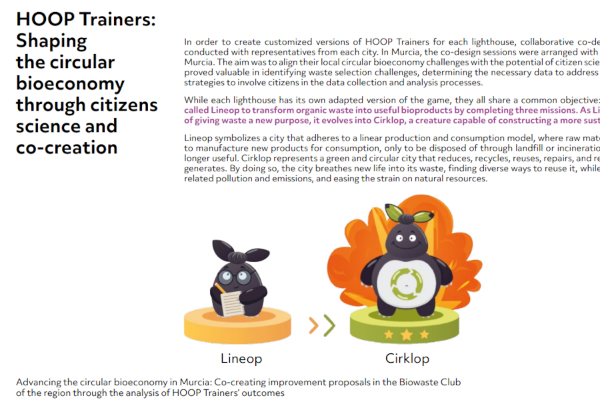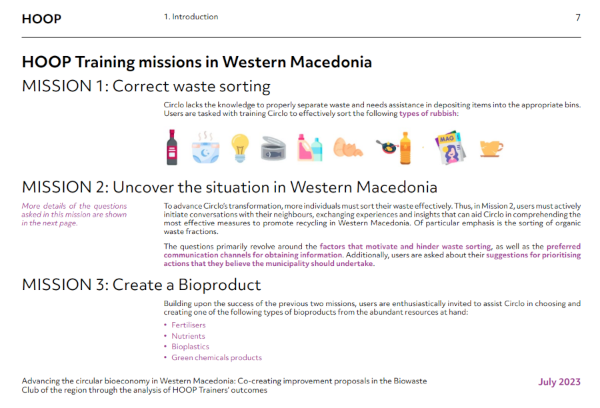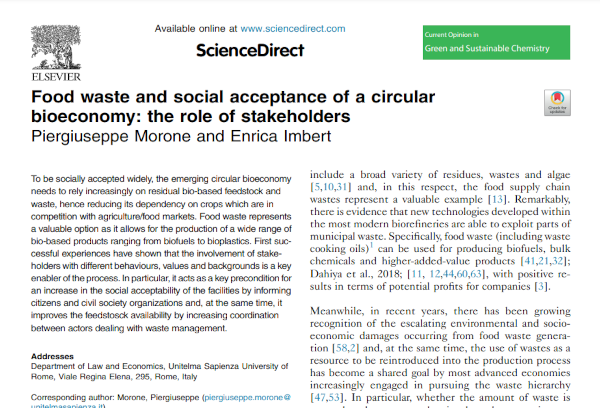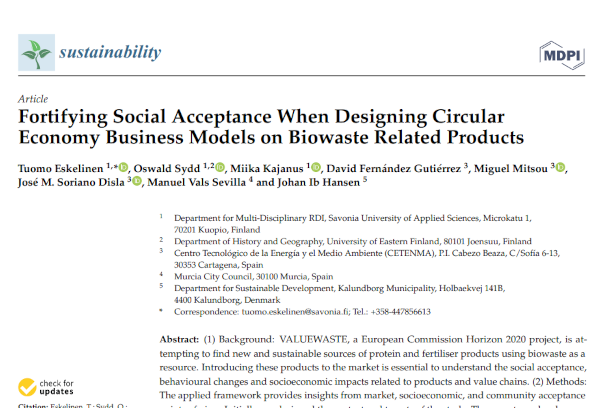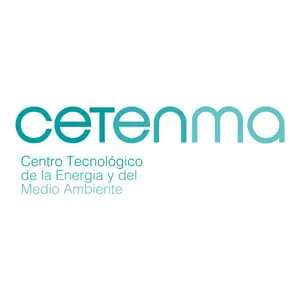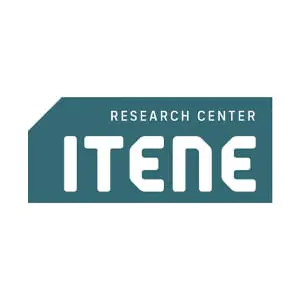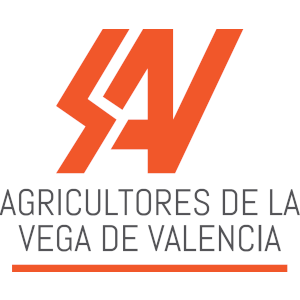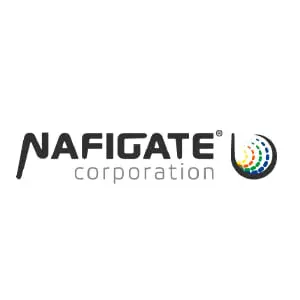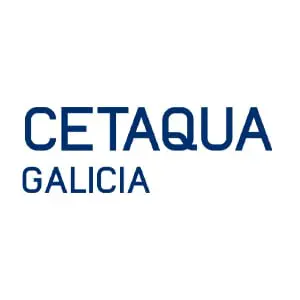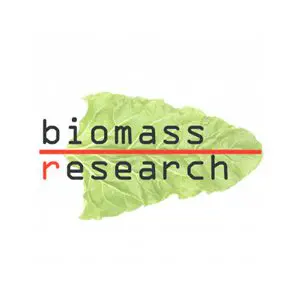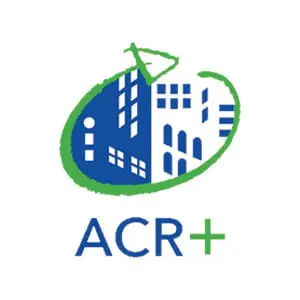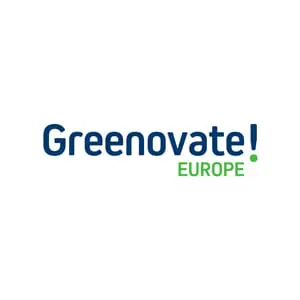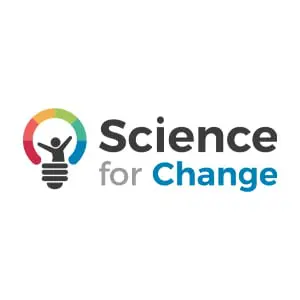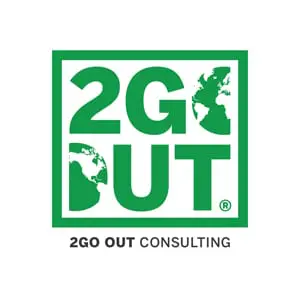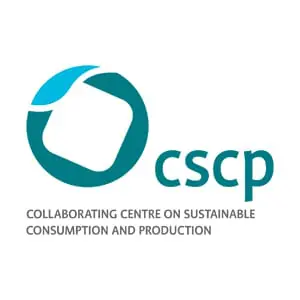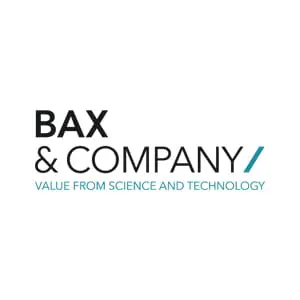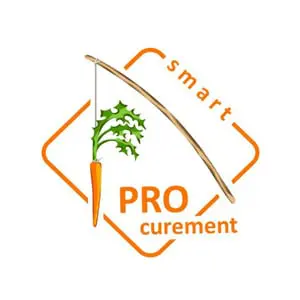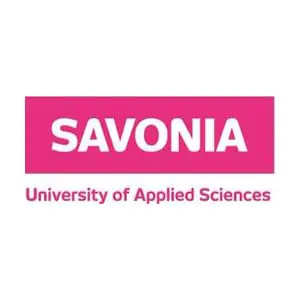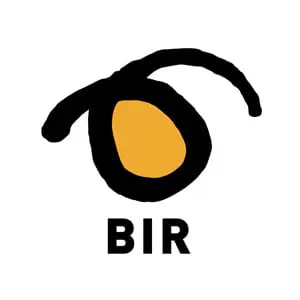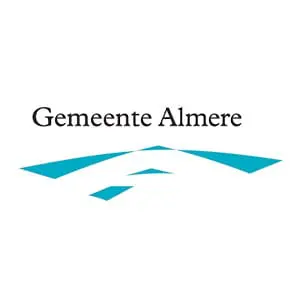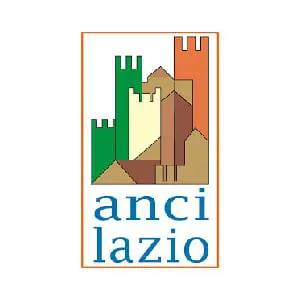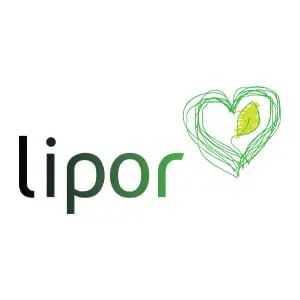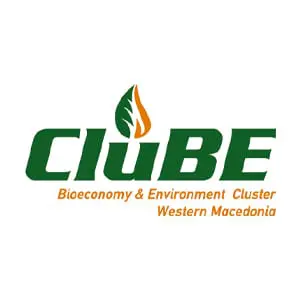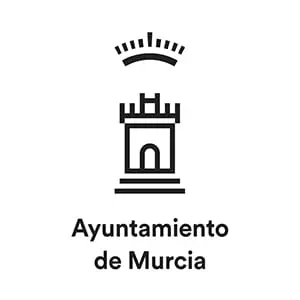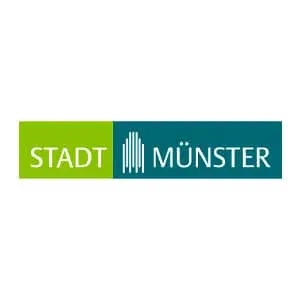Engaging stakeholders for the urban bioeconomy: Tools and resources for cities and regions
This first Virtual Academy handbook provides an introduction to the topic of Stakeholder Engagement and presents the tools and resources available to cities and regions on the topic
Behaviour change, Citizen awareness, Citizen science, Households, Stakeholder engagement
Download pdf
D8.8: Report on the one-on-one capacity building
This report outlines the key activities and outcomes of the one-on-one capacity-building efforts implemented within the HOOP Network of Cities and Regions.
Stakeholder engagement
Download pdf
National action manuals for local uptake and replicability
This guide shows the process of engaging stakeholders, understand their motivations and bring them together to mobilise for change. The guide also introduces how to do a baseline assessment of the urban circular bioeconomy to promote the conversion of biowaste into high value-added products.
Circular strategies, Stakeholder engagement
Download pdf
LIFE BIOBEST Country Factsheets on the analysis of communication and engagement practices
The primary objective of these factsheets is to highlight the significance of behavioural factors in enhancing engagement in effective bio-waste management models.
Behaviour change, Citizen awareness, Citizen science, Consumer acceptance, Households, Stakeholder engagement
Download pdf
Urban Circular Bioeconomy Webinar Series 2 | Engaging Stakeholders for the Urban Bioeconomy
Discover strategies to engage stakeholders and involve citizens in decision-making for the urban bioeconomy. Featuring speakers Felix Schumacher from CSCP and Giorgio Barbato from Science for Change.
Circular strategies, Citizen awareness, Consumer acceptance, Stakeholder engagement
See Video
Outcome reports of the codesigned Citizen Science Interventions
A Citizen Science program utilizing the gamified App HOOP Trainers was achieved to collaboratively identify and advance more efficient sorting, collection, and recycling systems, with a particular emphasis on the Organic Fraction of Municipal Solid Waste (OFMSW).
Citizen science
Download pdf
Report on the education and awareness raising & acceptance activities
The deliverable reports on pilot actions carried out to optimize separate waste collection, foster behavior change, and cultivate acceptance of biowaste derived products. A selection of pilot actions were designed to bridge the gap between current practices and best methodologies.
Citizen science, Stakeholder engagement
Download pdf
Engagement activities implemented through the Biowaste Clubs in the Lighthouse Cities and Regions
Throughout the first three years of the HOOP project, BCMs were attended by 790 stakeholders across all eight LHs. One trend that emerges when looking at the engagement activities in the eight Lighthouses together is the focus on citizens as a key target group for stakeholder engagement.
Stakeholder engagement
Download pdf
Advancing the circular bioeconomy in the Region of Lazio through co-creation
Results of two co-creation Biowaste Club Meetings in Lazio to co-produce improvement proposals through the analysis of the HOOP Trainers’ challenges.
Behaviour change, Citizen awareness, Citizen science, Stakeholder engagement
Download pdf
Advancing the circular bioeconomy in Murcia through co-creation
Results of two co-creation Biowaste Club Meetings in Murcia to co-produce improvement proposals through the analysis of the HOOP Trainers’ challenges.
Behaviour change, Citizen awareness, Citizen science, Stakeholder engagement
Download pdf
Advancing the circular bioeconomy in Western Macedonia
Results of two co-creation Biowaste Club Meetings in Western Macedonia to co-produce improvement proposals through the analysis of the HOOP Trainers’ challenges.
Behaviour change, Citizen awareness, Citizen science, Stakeholder engagement
Download pdf
Food waste and social acceptance of a circular bioeconomy: the role of stakeholders
To be socially accepted widely, circular bioeconomy needs to rely on residual bio-based feedstock and waste. First successful experiences have shown that the involvement of different stakeholders is a key enabler of the process.
Behaviour change, Circular business models, Circular strategies, Citizen awareness, Consumer acceptance, Stakeholder engagement
Download pdf
SCALIBUR Project - The Biowaste Hub
The Biowaste Hub – a new social network and professional platform for digitally connecting all the players in the biowaste management value chain, such as: collectors, municipalities, energy providers, sorters, research centres, private companies.
Circular business models, Circular strategies, Stakeholder engagement, Valorisation technologies
Download pdf
Fortifying Social Acceptance for Circular Economy Business Models on Biowaste Products
This study by the WASTEWATER Project, engaging citizens, consumers, producers, and policy makers, provides insights into what is important for the social acceptance of new protein sources for food, feed, and recycled fertilisers from bio-waste in the Murcia and Kalundborg city regions.
Behaviour change, Circular business models, Circular strategies, Citizen awareness, Consumer acceptance, Pilot projects, Valorisation technologies
Download pdf
HOOP Project stakeholder engagement & citizen awareness
This presentation showcases the stakeholder engagement and citizen awareness strategies and actions put in place by the HOOP Project on biowaste value chain.
Citizen awareness, Collection, Consumer acceptance, Sorting, Stakeholder engagement
Download pdf
ULTIMATE Project Playbook on Stakeholder Engagement
This playbook comes provides a citizen participation playbook with instructions, protocols and guidelines for designing and implementing the immersive experience to create economic value and increase sustainability by valorising resources within the water cycle. .
Citizen awareness, Stakeholder engagement, Wastewater
Download pdf
WaysTUP Project Local Engagement Plans for change in the collection of local biowaste
A behavioural change approach for the collection of urban biowaste and usage of biowaste derived products with citizens & communities.
Behaviour change, Citizen awareness, Consumer acceptance, Stakeholder engagement
Download pdf
WaysTUP! Project Toolkit: intervention for change in the collection of urban biowaste
This report by the WaysTUP project focuses on defining, designing and implementing a behavioural change approach for the collection of urban biowaste and usage of bio-based derived products with citizens and communities.
Behaviour change, Citizen awareness, Consumer acceptance, Pilot projects, Stakeholder engagement
Download pdf
HOOP project_Webinar Safety and acceptance of biobased products
Creating new products from (bio)waste naturally raises some questions related to safety. And are consumers ready to embrace products made from waste? These are the topics of this webinar co-organised by the projects WaysTUP!, SCALIBUR, HOOP and ValueWaste.
Behaviour change, Citizen awareness, Consumer acceptance, Stakeholder engagement
See Video
HOOP project_Guidance for the organisation of National Replication Workshops
This report is one of the outputs of the HOOP project and it aims at guiding the Lighthouses cities in the organisation of National Replication Workshops. The guide can be adapted and replicated in every context and sector.
Stakeholder engagement
Download pdf
HOOP project_What is a Biowaste Club?
Biowaste Clubs are dialogue platforms that bring together stakeholders involved in the biowaste valuechain. They exchange and together develop a shared vision for how their city can become more circular.
Behaviour change, Citizen awareness, Stakeholder engagement
See Video
HOOP project_Webinar stakeholder engagement & citizen awareness
Updating an entire (bio)waste value chain requires the buy-in and long-term commitment of all stakeholders involved. This webinar focuses on strategies for engaging these stakeholders, changing mindsets and behaviour, and establishing local leadership.
Behaviour change, Stakeholder engagement
See Video
VALUEWASTE project_Report on the preparation of Educational Campaign in Murcia (Spain)
This report details the content of the communication campaign and the activities carried out in the city of Murcia by the Valuewaste project. The focused on citizens, restaurants and food markets to make sure that they perform a proper separation of biowaste.
Behaviour change, Citizen awareness, Households, Sorting, Stakeholder engagement
Download pdf
SCALIBUR project_Stakeholder engagement plan per pilot municipality
The Horizon 2020 SCALIBUR project aims to develop new circular economy approaches to recycle urban biowaste. This report illustrates SCALIBUR’s understanding of and approach to stakeholder engagement.
Behaviour change, Stakeholder engagement
Download pdf
SCALIBUR_National Action Manual for local uptake (Spain)
The purpose of this manual is to guide the user through the process of engaging stakeholders in their cities’ biowaste value chain. It is based on the experience gained by CSCP in Madrid (Spain) in the framework of the SCALIBUR project.
Behaviour change, Stakeholder engagement
Download pdf
SCALIBUR_National Action Manual for local uptake (Italy)
The purpose of this manual is to guide the user through the process of engaging stakeholders in their cities’ biowaste value chain. It is based on the experience gained by CSCP in Albano Laziale (Italy) in the framework of the SCALIBUR project .
Behaviour change, Stakeholder engagement
Download pdf
SCALIBUR_National Action Manual for local uptake (Greece)
The purpose of this manual is to guide the user through the process of engaging stakeholders in their cities’ biowaste value chain. It is based on the experience gained by CSCP in Kozani (Greece) in the framework of the SCALIBUR project.
Behaviour change, Stakeholder engagement
Download pdf
VALUEWASTE project_First insights on social acceptance
The VALUEWASTE project proposes an integrated approach in urban biowaste upcycling for the production of high-value bio-based products. A way objective of VALUEWASTE is to improve the perception of citizens on urban biowaste as a local source of valuable materials.
Behaviour change, Citizen awareness, Consumer acceptance, Stakeholder engagement
Download pdf
WaysTUP project_Setting the scope of the behavioural change campaign
This report provides a behavioural change approach for the collection of urban biowaste and acceptance of biowaste derived products with citizens and communities.
Behaviour change, Citizen awareness, Consumer acceptance, Stakeholder engagement
Download pdf
VALUEWASTE project_Evaluation of the citizen awareness campaign
The VALUEWASTE project proposes an integrated approach in urban biowaste upcycling to produce high-value bio-based products. This report presents the work done within the task 10.3 Citizens awareness campaign.
Citizen awareness, Stakeholder engagement
Download pdf
UrbanWINS project_A Guide on Urban Metabolism and Participatory Processes
This toolkit provides decision makers with relevant information to improve waste prevention and management policies and programs in their cities, based on research and practical work conducted through the UrbanWINS project.
Stakeholder engagement, Urban metabolism
Download pdf
FORCE project_Handbook for Value Chain Based Partnerships
A practical guide for cities to promote resource efficiency and circular economy policy implementation.
Stakeholder engagement
Download pdf
FORCE project_A Handbook for Citizen Involvement on Circular Economy
The FORCE project aimed to minimise the leakage of materials from the linear economy and work towards a circular economy. This report identifies five criteria for reaching the objectives of citizen involvement: strategic planning; inclusivity; transparency; continuity and resources dedicated.
Behaviour change, Citizen awareness, Stakeholder engagement
Download pdf
BLOOM project_Outreach & Engagement Guidebook
The BLOOM project aims to raise awareness of bioeconomy innovation among EU citizens. This guidebook gives an overview of the participatory outreach and engagement methodologies that the Bloom bioeconomy hubs followed.
Behaviour change, Citizen awareness, Stakeholder engagement
Download pdf
SCALIBUR project_Multi-level stakeholder engagement analysis, including gender, and impact analysis
This report illustrates the multi-stakeholder engagement approach, process and tools adopted in the framework of the SCALIBUR project.
Behaviour change, Circular strategies, Citizen awareness, Consumer acceptance
Download pdf
